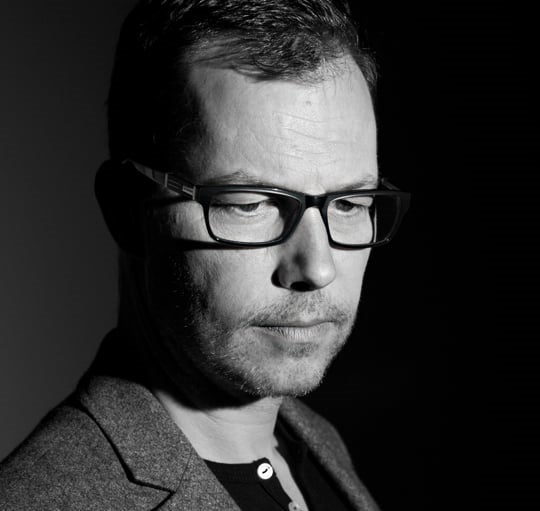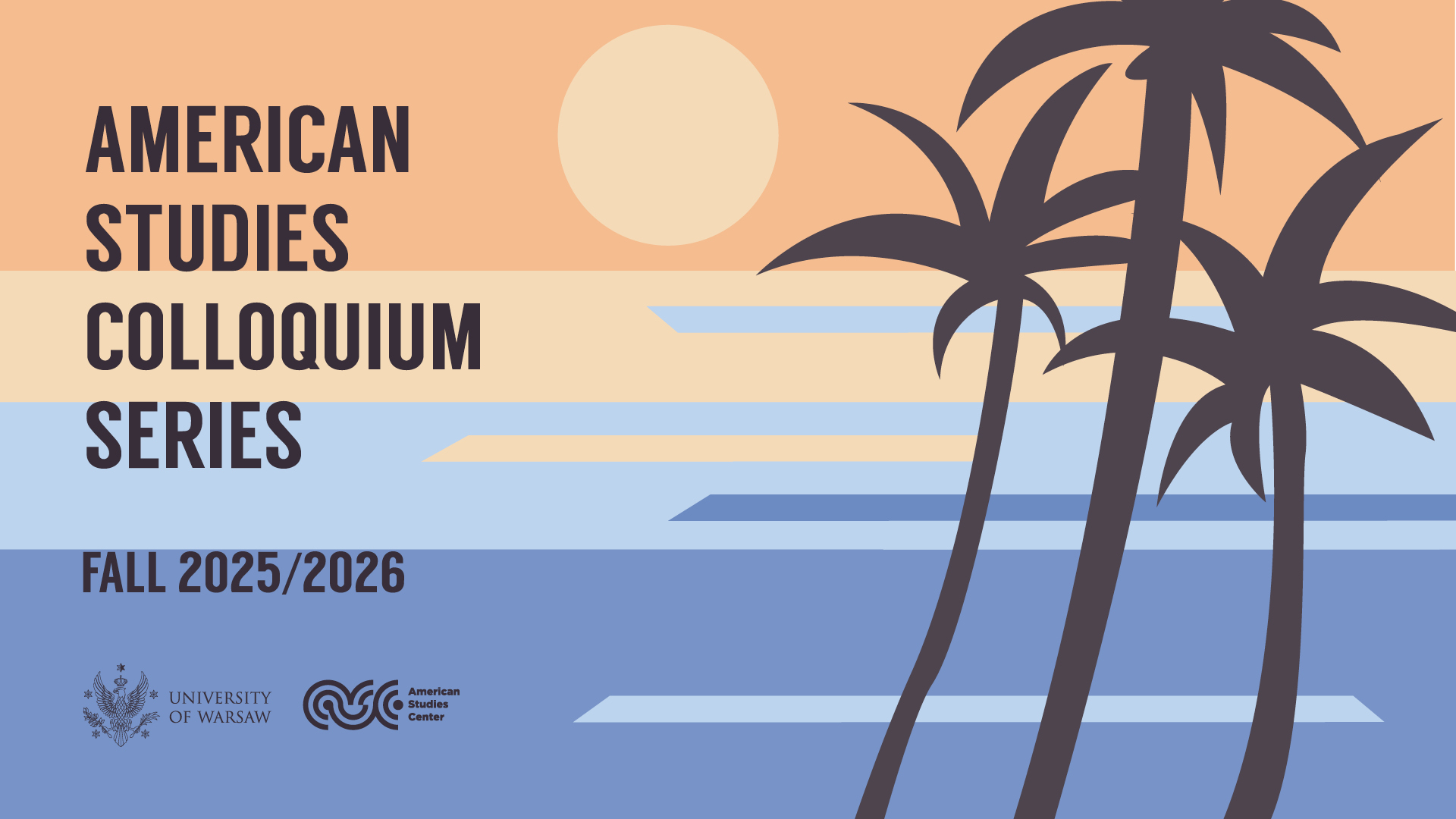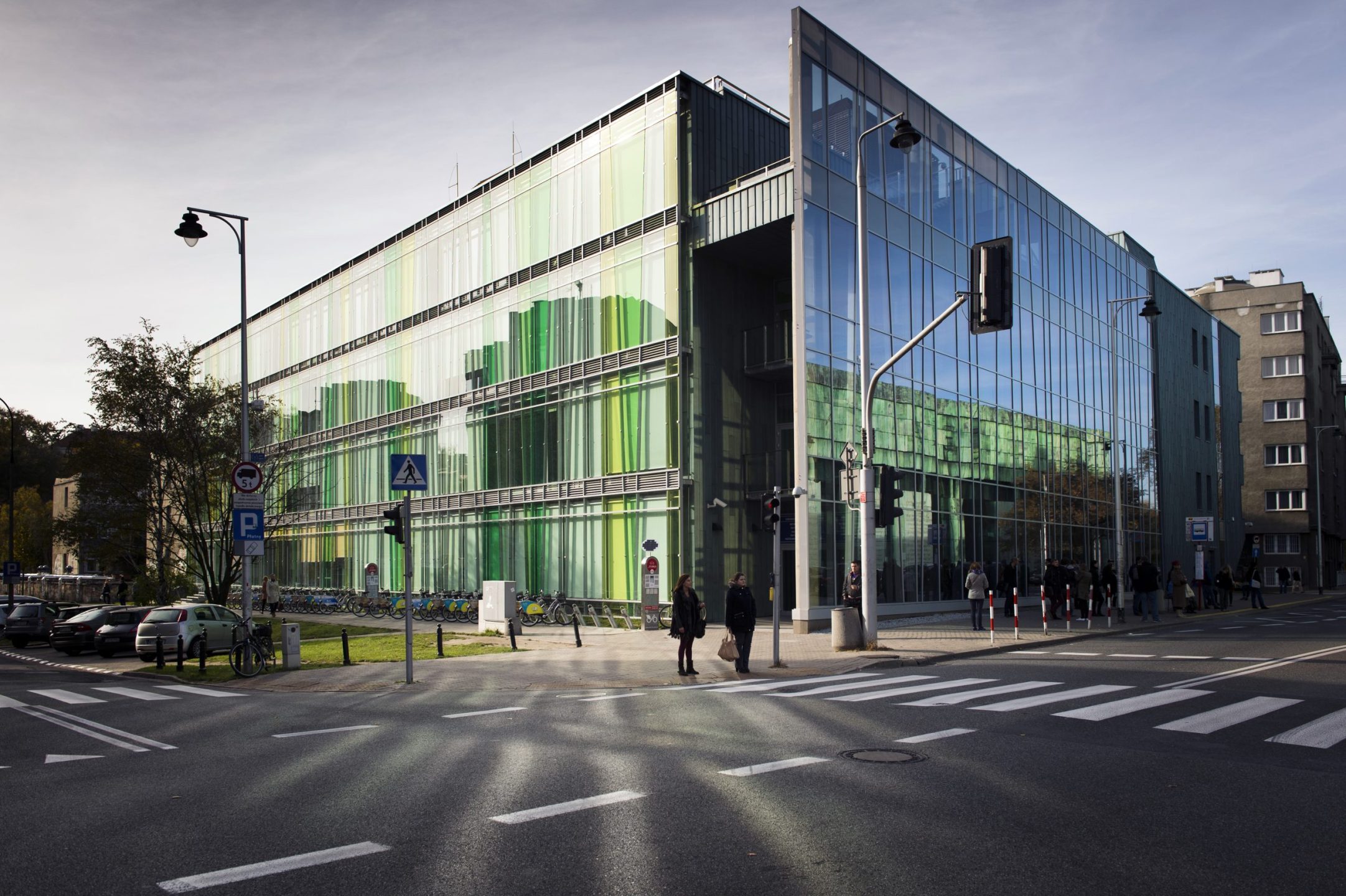We are pleased to announce a lecture by
Jaap Kooijman
(University of Amsterdam)
The Diva Project:
Analyzing Stardom in American Pop Culture
The lecture is going to be a part of the
American Studies Colloquium Series.
Thursday, February 28, 2019
at 4:00 p.m
Where?
American Studies Center, room 317,
al. Niepodległości 22, Warsaw.
What?
The diva project focuses on five decades of African American female superstardom based on three case studies: Diana Ross (1970 to mid-1980s), Whitney Houston (mid-1980s to early 2000s), and Beyoncé (late 1990s to the present). In this presentation, I will use the diva project to discuss methodology, or how to analyze stars as cultural signs in US American pop culture. Building on Richard Dyer’s theories of stardom and Nicole Fleetwood’s work on racial icons, the presentation will discuss the films Mahogany (Berry Gordy, 1975) and Dreamgirls (Bill Condon, 2006) to highlight the connection between on-screen and off-screen performance, as well as the common trope in African American female superstardom that commercial success comes at the expense of “authentic blackness.”

Who?
Jaap Kooijman is an Associate Professor in Media Studies and American Studies at the University of Amsterdam and Vice Director of the Amsterdam School of Cultural Analysis.
His articles on US American pop culture have been published in journals such as The Velvet Light Trap, The Journal of American Culture, Post Script, GLQ, European Journal of Cultural Studies, Celebrity Studies, and [in]Transition, as well as various edited collections, including Unpopular Culture (AUP, 2016), Revisiting Star Studies (Edinburgh UP, 2017), and Music/Video (Bloomsbury, 2017).
He is the author of Fabricating the Absolute Fake: America in Contemporary Pop Culture (AUP, 2013), available in open access. Recently, Kooijman published an article on Beyoncé in Popular Music and Society (also open access).




